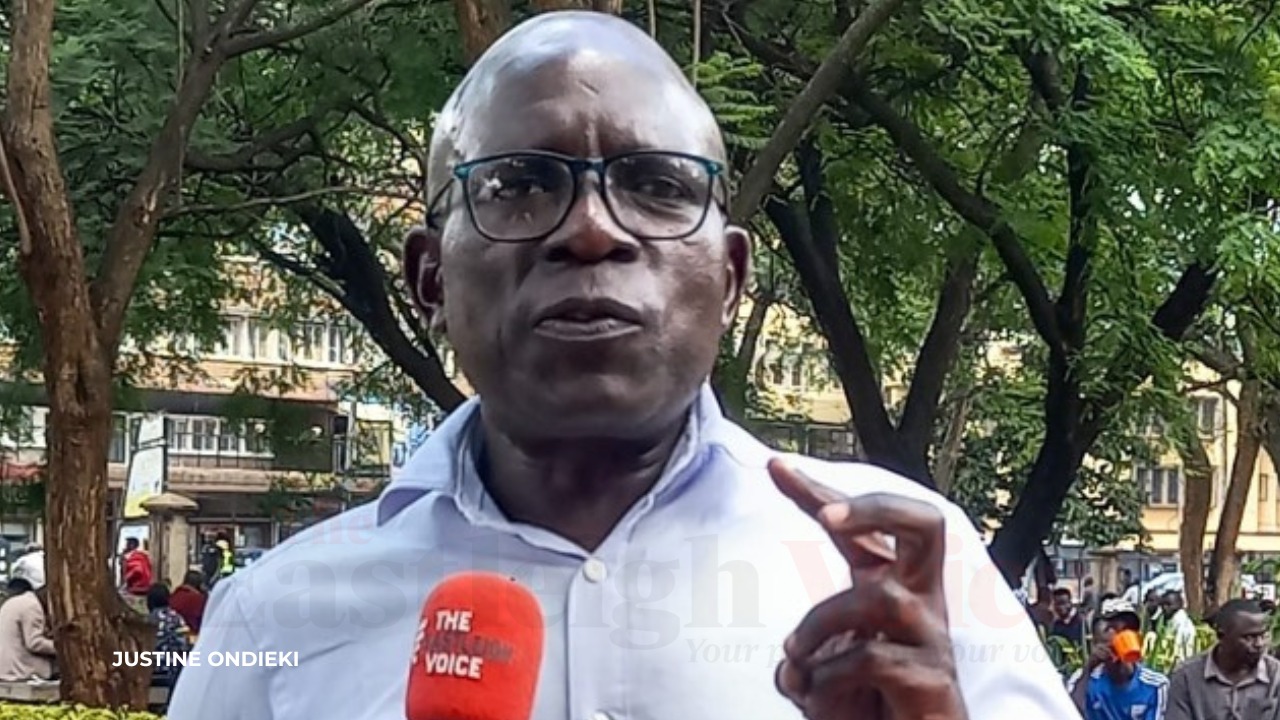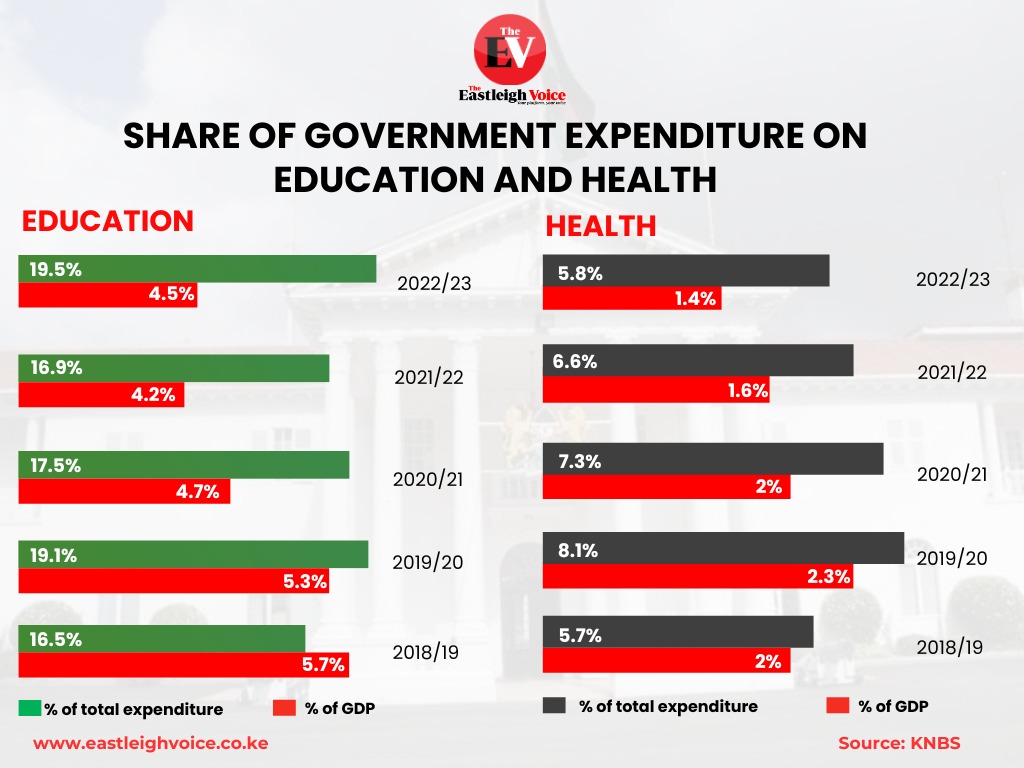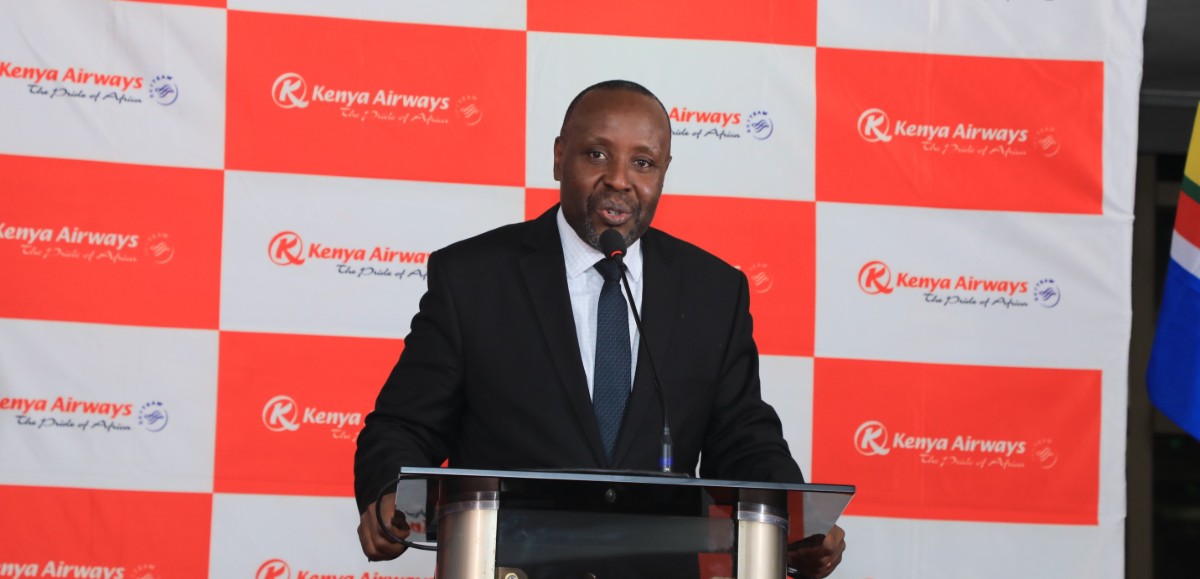OPINION: Banning muguka, miraa at the Coast is the least we can do to save lives

The war on muguka is gaining momentum in the Coast region following its ban by the governors of Mombasa, Kilifi, and Taita Taveta.
While this happened, President William Ruto met with Embu leaders at State House, and muguka was declared legal. The Ministry of Agriculture was directed to convene a meeting with governors Abdulswamad Nassir (Mombasa), Gideon Mung’aro (Kilifi), and Andrew Mwadime (Taita Taveta).
More To Read
- Miraa Bill sparks debate over public health concerns, livelihoods in Wajir
- Muslim women's group calls for urgent Muguka regulation after withdrawal of Bill
- Kilifi North MP Owen Baya withdraws controversial Muguka Bill after DP Kindiki meeting
- Muguka farmers face uncertain future as new Bill seeks delisting
- Senators seek clarity on Somalia's suspension of miraa flights from Kenyan
- Pharmaceutical Society opposes amendments to Narcotic Drugs Bill
As the debate on the ban of muguka in the Coast region gains momentum, I congratulate Coast leaders, especially for their unity on the ban of the product.
Muguka traders have cried foul, accusing the county governments of stifling their source of revenue.
While it could be true that these traders depend on miraa and muguka to fend for their families, the question is, how about those who suffer because of the same drugs?
Before the ban, Governor Abdulswamad was “lenient” on miraa and muguka traders, only hiking cess fees to Sh80,000 from Sh25,000.
He further directed all shops selling the two stimulants within 100 metres of schools to be closed and that transporters be licensed and must not carry passengers.
The move led to a visit by Meru and Embu leaders to Mombasa, seeking to forestall a ban on the products and for the governor to be more lenient. But what these leaders don't understand is the effect that these drugs have on the youth and families in Mombasa.
Muguka and miraa have become widely popular due to their affordability and accessibility. Their use, however, comes with severe consequences.
The stimulant effect might offer a temporary escape, but the long-term repercussions are dire. Regular consumption leads to addiction, mental health issues, and a decline in physical health.
For many young people in Mombasa, these drugs have become a gateway to a downward spiral of dependency and despair.
For instance, youth in Mombasa doing boda boda business start chewing muguka as early as 8 am. As some of us think of what we will have for breakfast, some youth wake up to chew muguka.
What is worse is that school-going children have also joined the muguka and miraa bandwagon.
It is quite unfortunate that the national government is supporting the sale of the product despite findings on the effect of muguka on youth on the coast.
Muguka is sold at between Sh50 and Sh100 per packet, which means even those with little income can afford it. This is where the problem is. We are losing a generation in Mombasa.
To our leaders, please don't make this fight a platform to gather political mileage. You must be genuine and fight it hard.
I am happy to see community leaders and clerics also joining the fight. We all must come together and ensure we fight for our people and community.
Muslim clerics have brought a moral and ethical dimension to the campaign. Their influence in the community is profound, and their condemnation of muguka and miraa usage underscores the societal imperative to address this issue. By framing the battle against these drugs within the context of faith and communal responsibility, they mobilise a powerful force for change.
Critics may argue that banning these substances could drive them underground, making control even more difficult.
However, the status quo is unacceptable. The availability and social acceptance of muguka and miraa are contributing to their widespread abuse.
A ban, coupled with robust enforcement and comprehensive public education campaigns, can significantly reduce their prevalence.
The writer is a Mombasa-based communication and marketing expert.
Top Stories Today












































